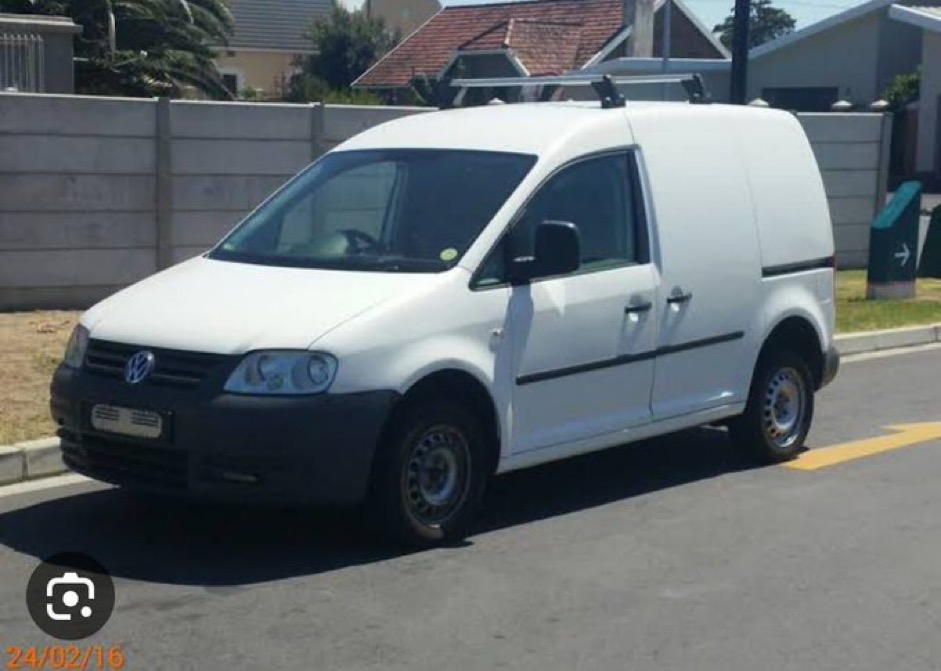White vans most costly to run of nation’s favourite motors

White vans named the least affordable to run, these are the other vehicles to dodge due to high costs
The latest research by tax specialists, RIFT Tax Refunds, has revealed which of the nation’s favourite vehicles are best left on the forecourt due to their high running costs and which offer the most affordable set of wheels to help keep costs down.
RIFT analysed the nation’s most popular cars and commercial vehicles, revealing how they compare when it comes to running costs such as fuel, depreciation, maintenance, road tax and insurance.
The research by RIFT shows that the average household will spend an estimated £1,206 per year on fuel costs, that’s 3.7% of the average annual household income.
What’s more, 90% of the nation’s car owners told RIFT that they base part of their car purchasing decision on the running costs of a vehicle, with 37% also stating that they use their car for work.
Interestingly, a third (33%) weren’t aware that they could claim back motor related expenses due to using their vehicle for work.
Nation’s least affordable favourite cars
Ford is by far the nation’s most popular car brand, with an estimated 5.2m on British roads. No surprise then that the Ford Fiesta and Focus are also the nation’s two most popular models, with a combined 2.5m cars on the road.
Perhaps more surprising, is the fact that the Ford Focus ranks as the fourth most expensive car to run of the nation’s top 10 favourite. At a cost of 78.5 pence per mile and a combined annual cost of £732 to tax and insure, just the BMW 3 Series, Nissan Qashqai and Volkswagen Golf are more costly.
At a cost of 78.5 pence per mile and with an annual tax and insurance bill of £712, the BMW 3 Series is the the most expensive car to keep of the nation’s top 10 favourite.
The 3 Series is followed by the Nissan Qashqai with an annual tax and insurance cost of £681 and an average running cost of 62.9 pence per mile, with the Golf ranking third costing 60.3 pence per mile and £681 per year to tax and insure.
Nation’s least affordable commercial vehicles
However, it’s the nation’s army of men with ven that are being hit with the highest costs when keeping their vehicle on the road. The research shows that there are almost half a million Ford Transit drivers alone on UK roads, making it by far the most popular commercial vehicle.
The average cost of insuring and taxing an LGV comes in at £1,635 a year, considerably higher than most cars, while the estimated average cost per mile is also far higher for these commercial vehicles.
The most expensive of the lot is the Renault Trafic, costing a huge 103.89 pence per mile, with the Volkswagen Transporter also coming in at over £1 with an average of 101.3 pence per mile.
The Ford Transit, Transit Custom and Transit Connect share an average running cost of 93.4 pence per mile, while the Citroen Berlingo is the most affordable of the nation’s favourite commercial vehicles at just 54.2 pence per mile.
Bradley Post, MD of RIFT Tax Refunds, commented:
“With the current high cost of living, our vehicles are certainly one area that will be putting a strain on our finances and are often the largest monthly outgoing many of us will have beyond our rent or mortgage.
When it comes to the nation’s most popular models, there’s quite a disparity in running costs between them and this is an important consideration to make when looking to purchase a new car.
For example, a simple swap from a Volkswagen Golf to a Polo could save you a considerable sum, but for the nation’s army of white van drivers, this probably isn’t an option due to size requirements.
However, those who do use their vehicle commercially could be entitled to claim back money on their work related travel expenses. Currently, you can claim 45p per mile back from HMRC for cars and vans for the first 10,000 miles and 25p per mile thereafter.
This includes costs such as fuel, service and repairs, maintenance, depreciation, insurance and road tax and could go some way in helping with the cost of keeping your vehicle on the road.”
Five travel tips to help reduce your vehicle costs: –
Try not to fill up the tank full as you’ll add weight to carry around, a half a tank will improve economy
Don’t forget air con uses petrol so you could open windows on slower roads
Brakes are important, but they use petrol so give the driver ahead some space which will help on the heavy braking
If you have a commercial vehicle, keep only the tools you need in the vehicle. It will reduce weight, improve efficiency and could even lower your insurance premium
Share travel to work with work mates to save on running costs




